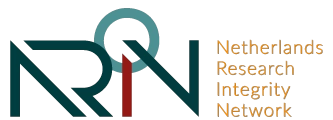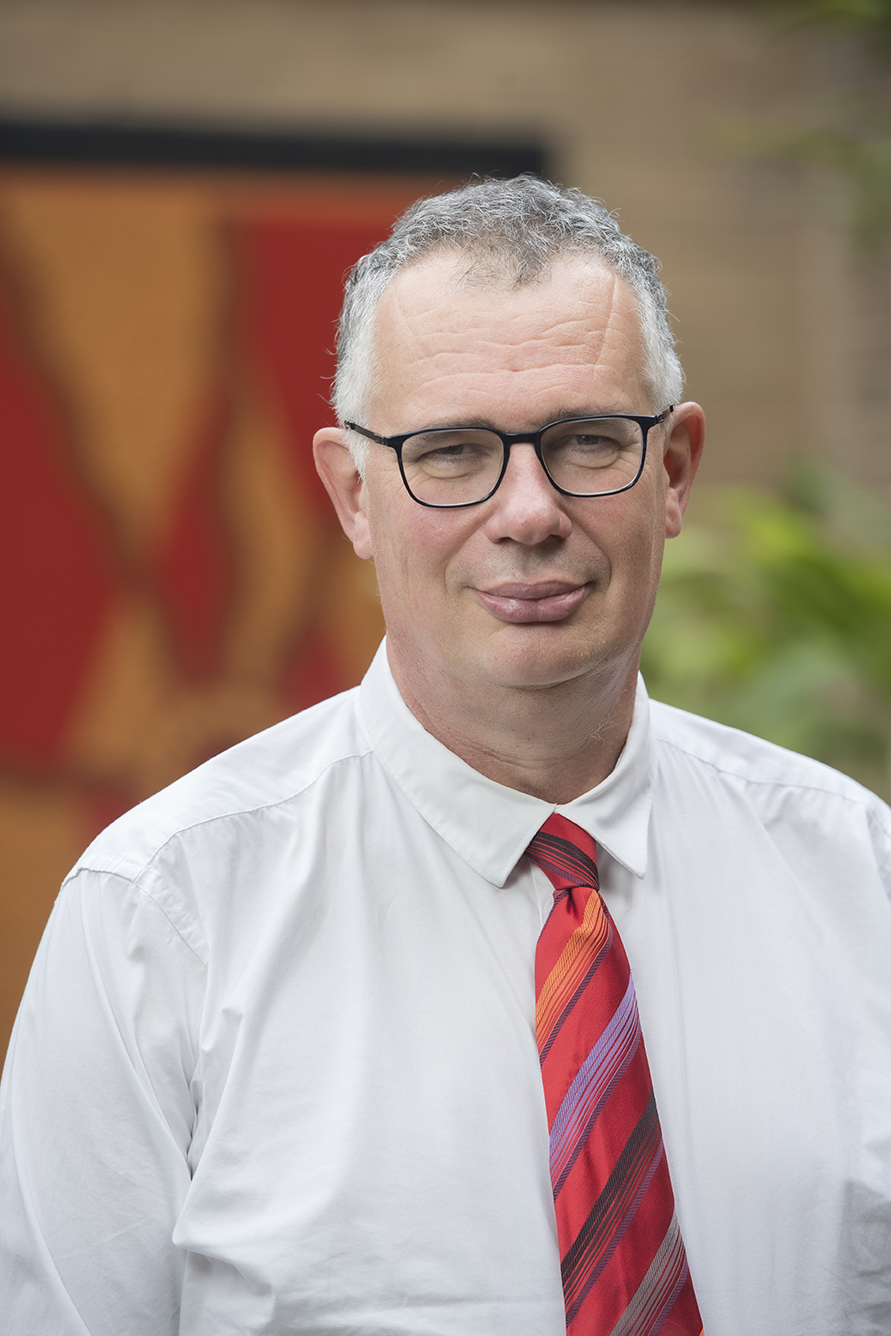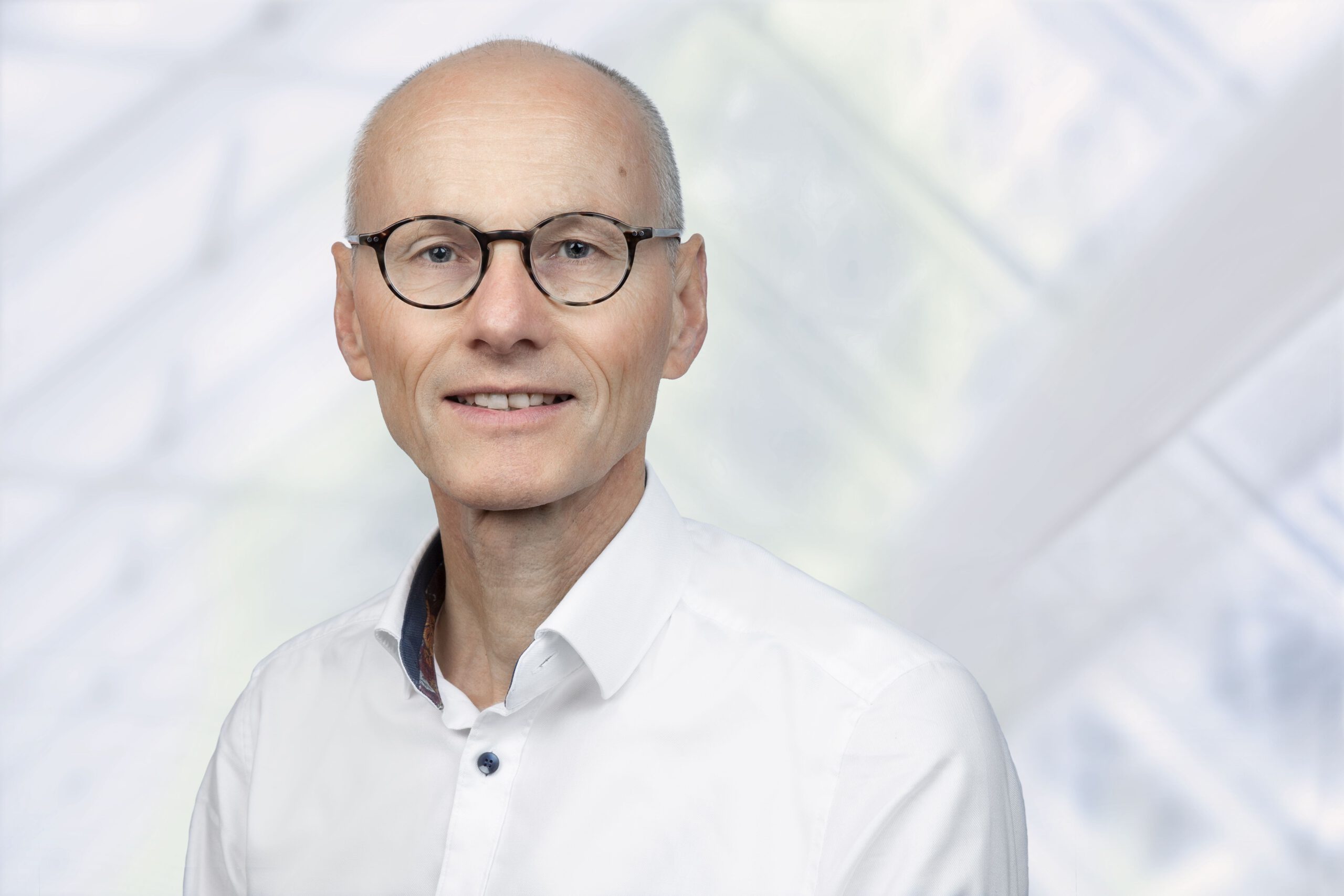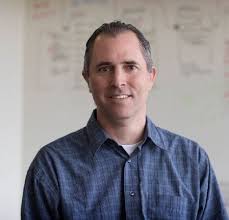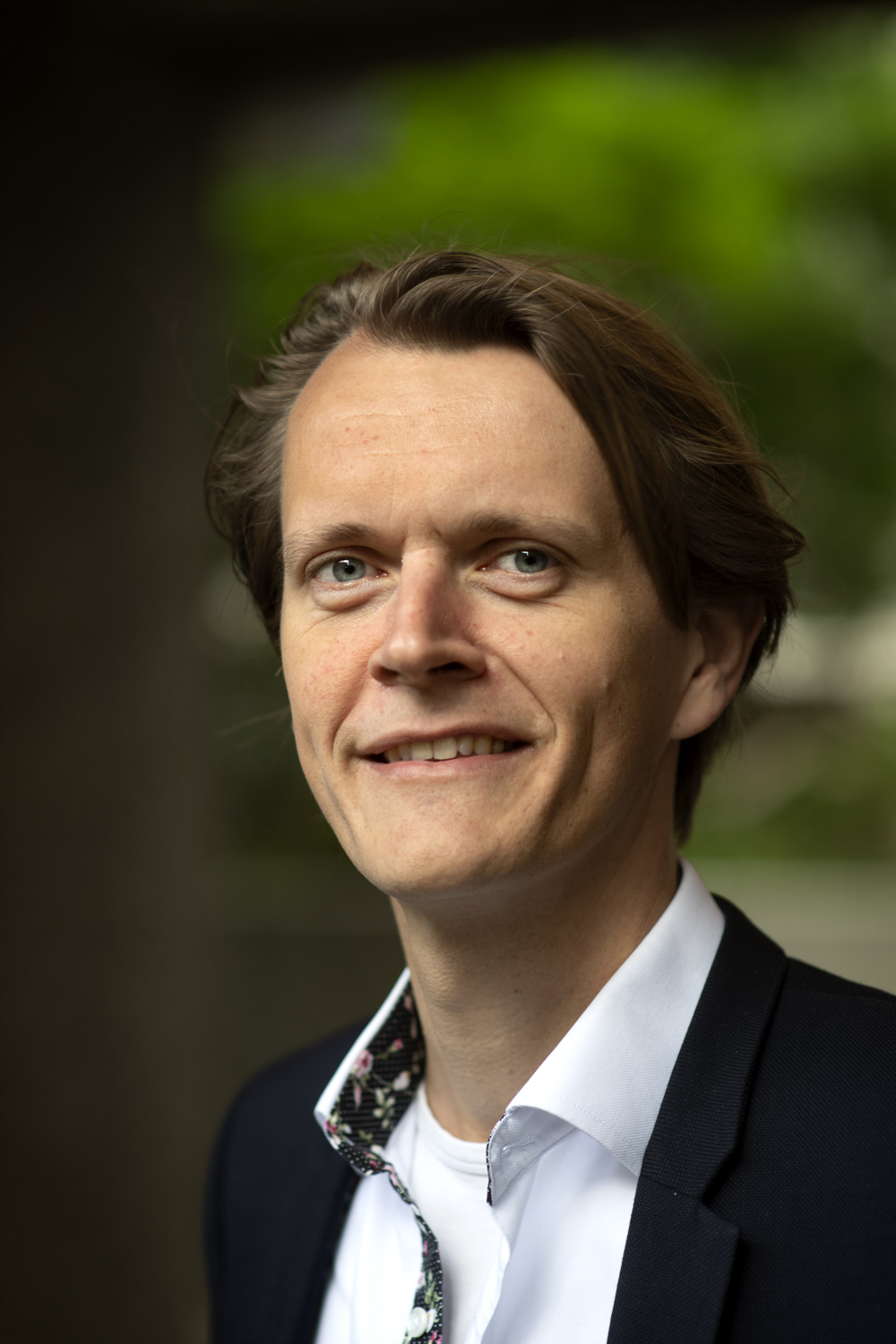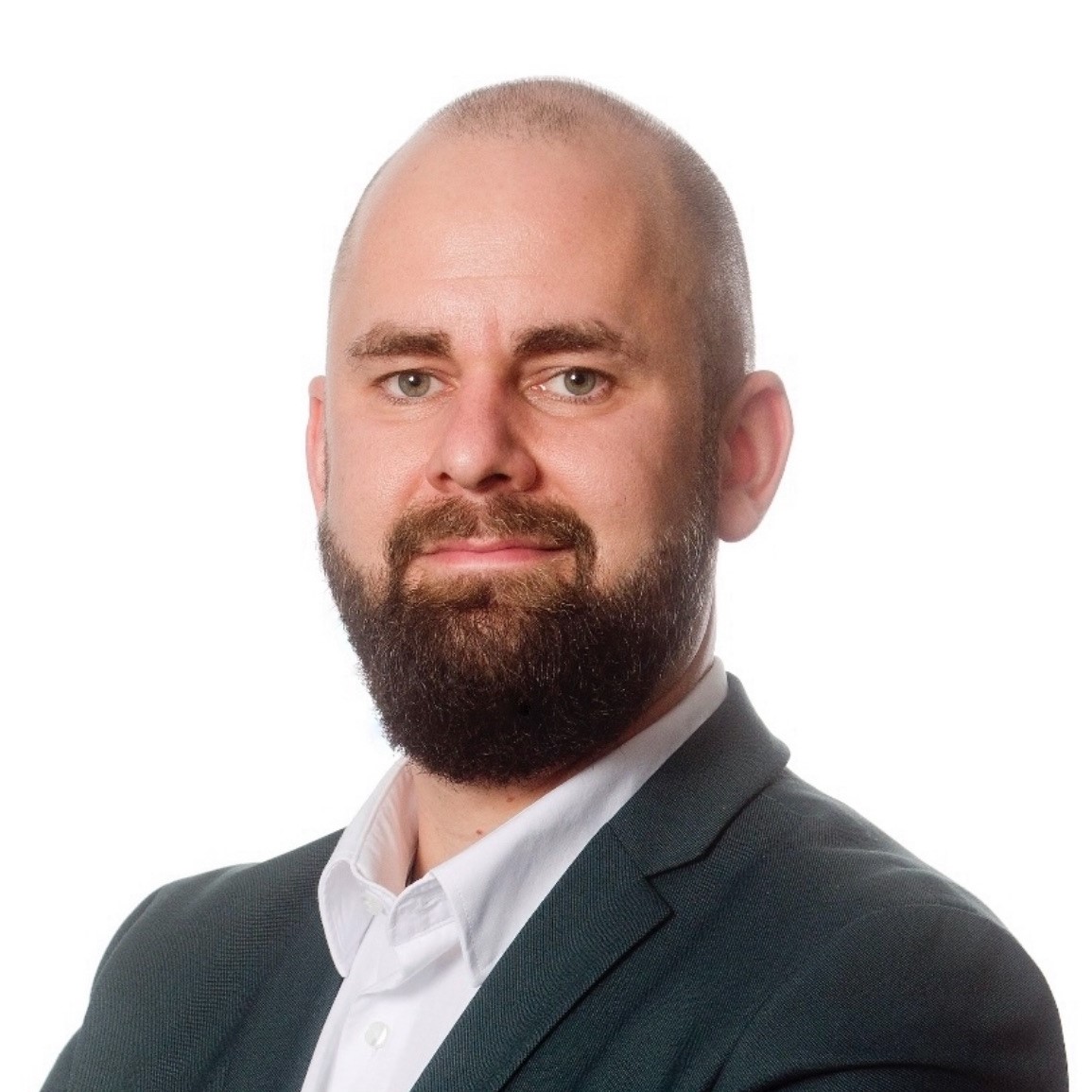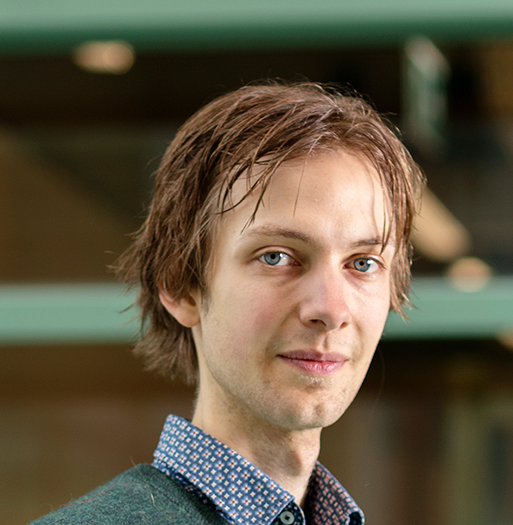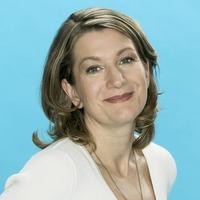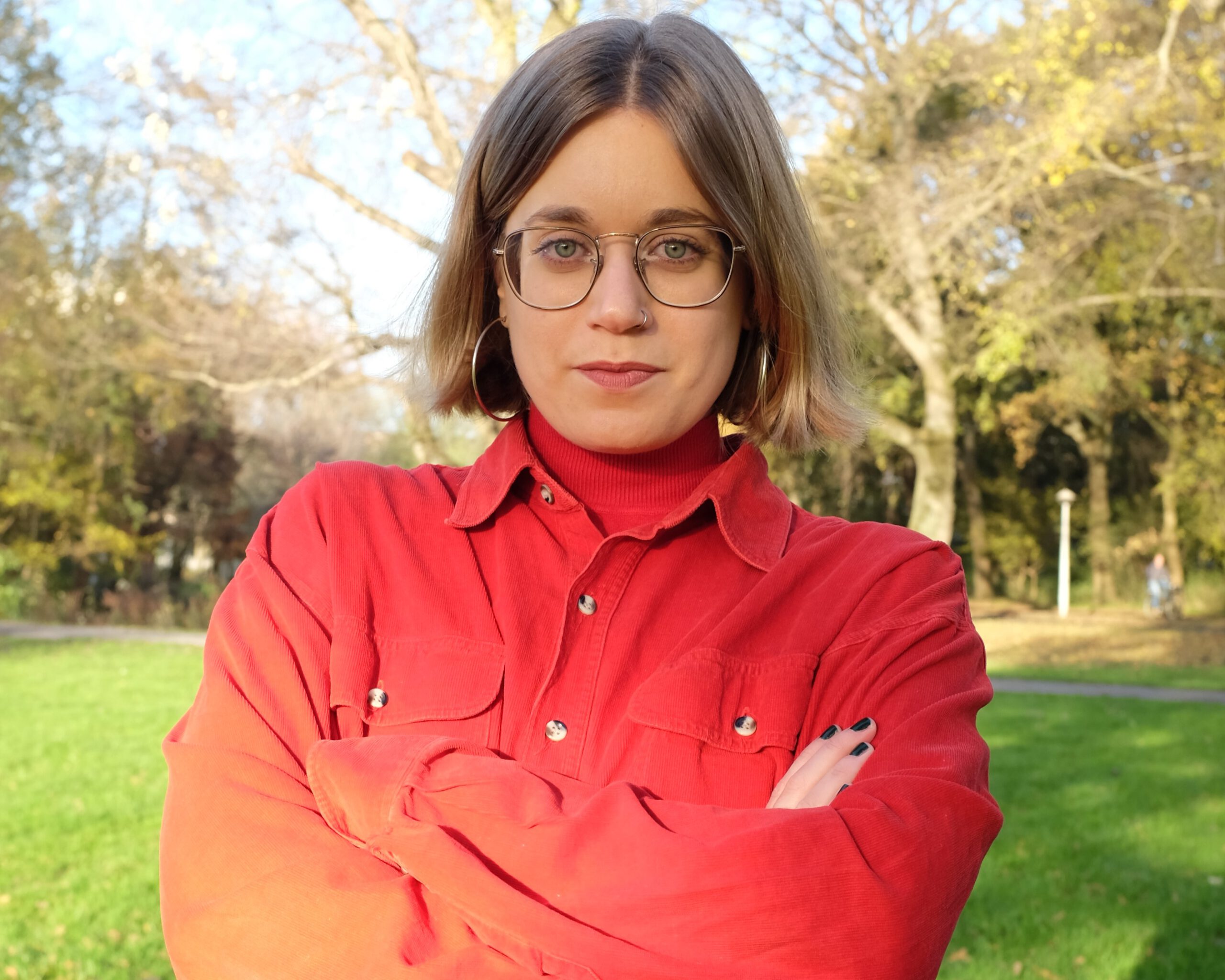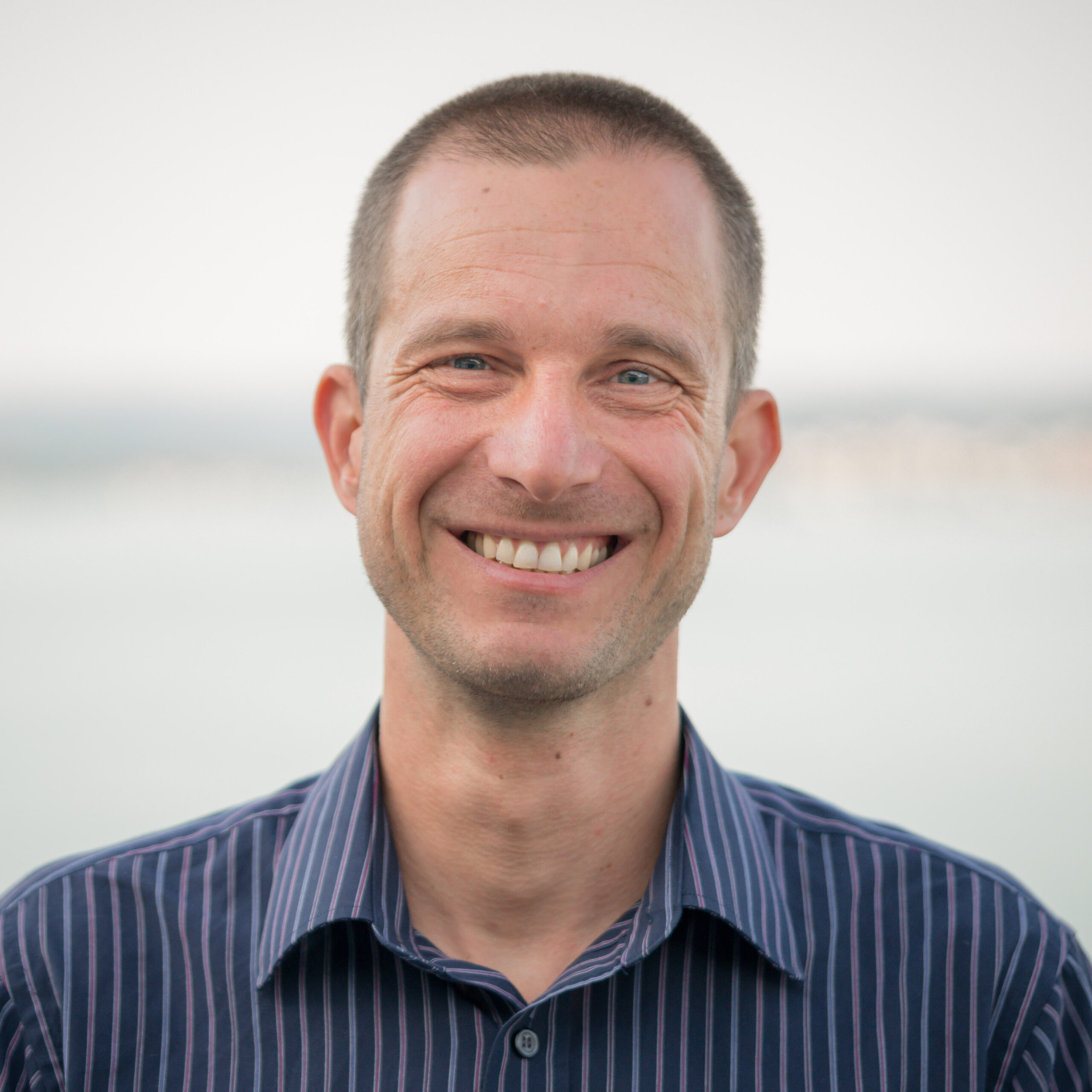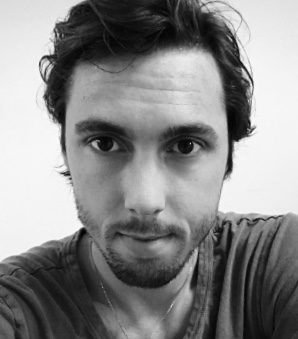
The NRIN Happy Hour offers free monthly webinars on topics related to Research Integrity, Research Ethics, Open Science and Responsible Conduct in Research. The webinars aim to offer a space for the mutual exchange of learning and promote informal discussions on issues related to good scientific practices. The webinars are open to anyone interested in these topics!
The webinars are open to the Dutch and international scientific community!
The recordings are made available after each webinar.
Is there a topic you would like to hear about? Would you like to present at the NRIN Happy Hour webinars? Feel free to contact us at info@nrin.nl
Key Information
When
Second Thursday of the month, 16:00 CET/CEST (1 hour)*
*We may sometimes change the date for the webinar due to the availability of the speaker
Where
Online (Zoom).
Topics
Various on Research Integrity / Ethics, Open Science and Responsible Conduct of Research.
Lecturers
Experts in the field of good scientific practices.
Audience
Students (including bachelor and master students), early career researchers (including PhD candidates and junior researchers), senior career researchers and academics, policy makers and anyone with an interest in the topics presented. Both in the Netherlands and internationally.
Language
English.
Price
Free.
Registration
Required through Zoom. Click on the registration link to register for each webinar!
Programme
Past Meetings
Professor Ben Mol (Monash University, Australia)
Scientific Integrity of Randomised Trials: now that we know there is a problem, what do we do about it?
23rd October 2025, 16:00 CET
Dr. Lucy Sabin (Amsterdam UMC)
Ecological Awareness in Research Design and Practice
4th September 2025, 16:00 CEST
Professor Brian Nosek (Center for Open Science)
How to start, scale, and sustain culture and behavior change
18th June 2025, 16:00 CEST
Dr. Serge Horbach (Radboud University); Professor Marcel Levi (President of NWO) and Professor Matthias Egger (former President of the Research Council of the Swiss National Science Foundation)
Funding through lottery? What does it mean for Research Integrity?
1st May 2025, 16:00 CEST
Dr. Tomáš Foltýnek (European Network for Academic Integrity)
Transparency vs. Equity: Ethical Dilemmas in the Responsible Use of AI Tools in Science.
6th February 2025, 16:00 CET
Dr. Lotta Snicker (Royal Institute of Technology, Sweden & University of Oslo, Norway)
Gender Equality in Academia: from Knowledge to Change
13th March 2025, 16:00 CET
October 2025
Scientific Integrity of Randomised Trials: now that we know there is a problem, what do we do about it?
23rd October 2025, 16:00 CET
Overview
While it has long been assumed that all published clinical research is based on truthful data, there is increasing evidence that many clinical trial data are not trustworthy. Estimates suggest that up to 25-40% of all randomised controlled trial (RCT) data are untrustworthy. In this webinar, I will discuss the responses of stakeholders, both in terms of editors/publishers as well as from the scientific and academic communities.
About the Speaker
Ben (Willem) Mol is Professor of Obstetrics and Gynaecology at Monash University. During his time in Australia, Ben has worked on clinical trial capacity in women’s health at Monash. He developed extensive relations with Asian universities, resulting in large randomised clinical trials. Ben is also involved in many Individual Participant Data Meta-Analysis, in which on many topics in Obstetrics and in Reproductive Medicine data of randomised clinical trials performed worldwide are brought together. Recently, Ben has worked also on systems to detect data-fabrication in RCTs. He has published >1600 papers and supervised 130 PhD students.
His professional adage is ‘A day without randomisation is a day without progress.’
Chair
TBC
Past Meetings
September 2025
Ecological Awareness in Research Design and Practice
4th September 2025, 16:00 CEST
Overview
This talk introduces emerging frameworks for ecologically aware research. Based on interviews with experienced course coordinators, we explore how research is embedded in ecological, social, and political systems, requiring relational ethics and greater response-ability toward human and non-human communities. Lucy will present a competence framework and digital archive-in-progress from the EU project RE4GREEN that curates open access resources for environmentally just RCR, along with insights into co-designing audiovisual content. Drawing on STS, ecological citizenship, and decolonial feminisms, we reimagine research ethics, practices, and epistemic justice for sustainability-focused research cultures.
About the Speaker
Lucy Sabin is a geographer and communications designer by training. She holds a postdoctoral position in the Department of Ethics, Law, and Humanities at Amsterdam UMC. Her specialisms include artistic research methods, feminist science studies, and societal perceptions of air pollution, weather and climate.
Chair & Referee
Gerben ter Riet MD PhD is a clinical epidemiologist with a keen interest in topics at the intersection of methodology and research integrity. He currently works for the University of Applied Sciences in Amsterdam, Faculty of Health, Sport & Exercise (AUAS-FHSE). He has a 0.05 appointment at AUMC (Dept. Cardiology). His main focus is transparent reporting and acknowledgment of study limitations, selective outcome reporting and open science methods. In his role as CEO of a small business at the intersection of methodology and research integrity, Soscientry, he chaired the Research Ethics Committee of the University of Applied Sciences in Rotterdam between 2021 and 2023. Gerben is currently a member of the Committee for Research Integrity at AUAS. In 2019, he co-founded the Open Science Support Desk at the AUAS, Faculty of Health, Sport & Exercise.
He was co-project leader of the National Survey of Research Integrity in the Netherlands. Finally, he actively supports Scientist Rebellion in their struggle to speed up implementation of effective climate policies, avert ecological breakdown and bring about climate justice. At AUAS-FHSE, he is project leader Circularity (program Sustainability).
Maura Hiney is an Adjunct Professor of Research Integrity at University College Dublin’s Institute for Discovery. In 2025, she was elected to membership of the Royal Irish Academy for her contributions to the development of research integrity policy, both nationally and internationally.
Nationally, she is a founding member of the Irish National Research Integrity Forum, with whom she developed the first National Policy on Ensuring Integrity in Irish Research (updated in 2019 and 2024). She also contributed to the 2022 Guidelines on Ensuring Integrity in Collaborative Research and is currently the principal investigator of the first Survey on Research Integrity in Ireland. Internationally, she has collaborated with various groups to develop policies that promote trust in science, including Science Europe and the ALLEA Permanent Working Group on Science and Ethics, where she served as Chair and co-authored the ALLEA European Code of Conduct for Research Integrity (2017 and 2023). She sits on the boards of the World Conferences on Research Integrity Foundation and the Embassy of Good Science, as well as several Strategic Advisory Boards for EU projects on research ethics and integrity.
June 2025
How to start, scale, and sustain culture and behavior change
18th June 2025, 16:00 CEST
Overview
The Center for Open Science (COS) has a mission to increase openness, integrity, and reproducibility of research. We perceive the primary barrier to advancing this mission is that the inhibiting factors are systemic and embedded in the research culture as a social system. As a consequence, we have adopted a theory of change that we believe is necessary for addressing the systemic barriers, and provide a pathway to scalable and sustainable behavior change. This theory of change is embodied in COS’s organizational structure and services. The approach may have broader application for others’ efforts to improve the research culture, or to address culture and behavior change in a wide variety of contexts. In this webinar, the adopted theory change and the challenges for improving research culture will be discussed.
About the Speaker
Brian Nosek co-developed the Implicit Association Test, a method that advanced research and public interest in implicit bias. Nosek co-founded three non-profit organisations: Project Implicit to advance research and education about implicit bias (http://projectimplicit.net/), the Society for the Improvement of Psychological Science to improve the research culture in his home discipline (http://improvingpsych.org/), and the Center for Open Science (COS; http://cos.io/) to improve rigor, transparency, integrity, and reproducibility across research disciplines. Nosek is Executive Director of COS and a professor at the University of Virginia. Nosek’s research and applied interests are to understand why people and systems produce behaviors that are contrary to intentions and values; to develop, implement, and evaluate solutions to align practices with values; and to improve research credibility and cultures to accelerate progress.
Chair & Referee
Joeri Tijdink is a Principal Investigator at Amsterdam UMC and affiliated with VU University in Amsterdam, the Netherlands. His main research focusses on research integrity, reproducibility, mental well-being in academia and research culture. He is currently involved in several research projects, including the TIER2 project which explores the future(s) of reproducibility. He is also the author of the book “The Happy Academic”; a book that provides guidance for early career researchers navigating academia’s torments (2023). Apart from his work as a researcher, he works as a clinical psychiatrist. Recently, his appointment as member of the Young Academy from the Royal Society of Arts and Sciences in the Netherlands underscores his commitment in improving research quality and making academia a better place.
Robbert Hoogstraat is Head of Research and Valorisation at the University of Humanistic Studies in Utrecht. He has a background in philosophy and sociology and has previously worked at NWO (the Dutch Research Council). At NWO he was a senior policy officer and project leader for the Rewards & Recognition programme and worked on research assessment (e.g. the NWO evidence-based CV). In his current role he is a committee member for R&R, is active in CoARA and is the Chief Open Science for his university.
May 2025
Funding through lottery? What does it mean for Research Integrity?
1st May 2025, 16:00 CEST
Overview
This NRIN Happy Hour webinar session will explore the controversial topic of using partial lotteries for grant allocation in research, as an alternative or complement to the traditional peer-review system. While peer review remains the dominant method for funding decisions, its limitations, including inherent biases and the difficulty of evaluating truly novel research, are increasingly recognised. This webinar will bring together diverse perspectives to examine the potential of lottery-based mechanisms to address these shortcomings. We will delve into the practical aspects of implementing such systems, drawing on the experience of those who have run them, and consider the potential benefits, such as increased diversity and reduced bias.
The discussion will also address the critical implications of lotteries for research integrity. We will hear from the chair of NWO, offering a crucial perspective from a funder that has hitherto not implemented partial lotteries. He will share potential concerns and considerations about wider implications from a funding agency’s viewpoint. A scholar in research integrity will further explore the conceptual ramifications of incorporating chance into the grant allocation process, prompting a deeper understanding of the potential impact on the research landscape. This webinar aims to trigger discussions about the future of research funding, weighing the potential advantages and disadvantages of partial lotteries and peer review for allocating public funds.
About the Speakers
Serge P.J.M. Horbach works as an Assistant Professor at the Institute for Science in Society, Radboud University. Trained as a mathematician, he obtained his PhD in Science and Technology Studies (STS) for work on scholarly publishing, peer review and research integrity. After working at the Centre for Science and Technology Studies (Leiden University) and the Danish Centre for Studies in Research and Research Policy (Aarhus University), he rejoined Radboud University in March 2024. Here, he continues his work on scholarly communication, science-society interactions, public trust in and perceptions of science, and innovations in knowledge production and dissemination models.
Marcel Levi is president of the Dutch Research Council and currently vice-president of Science Europe. Previously he was chief executive of the Academic Medical Center in Amsterdam where he initiated the merger with the Free University Medical Center to Amsterdam University Medical Center. Thereafter he was chief executive of University College London Hospitals in the UK. He is professor of Medicine at Amsterdam University Medical Center/University of Amsterdam and University College London and a specialist in Internal Medicine and Haematology. Earlier he worked at the University of Perugia (Italy), in Oxford (UK) and at the Center for Transgene Technology and Genetherapy of the University of Leuven (Belgium). He has published over 800 research articles in international journals and is (associate) editor of various scientific journals. He is currently chairman or board member of several national and international research and health care organisations and charities. He is a member of the Royal Netherlands Academy of Science and Fellow of the Royal College of Physicians. He is editor of various scientific journals and author of many popular/scientific/educational books and columns.
Matthias Egger is a Professor of Epidemiology and Public Health at the University of Bern in Switzerland, as well as a Professor of Clinical Epidemiology at the University of Bristol in the United Kingdom.
Egger completed his clinical training at the University of Bern and the London School of Hygiene & Tropical Medicine. He joined the faculty of the University of Bern in 2002 and also became a Professor at the University of Bristol that year. Professor Matthias Egger is the former President of the Research Council of the Swiss National Science Foundation.
More information: link
Chair & Referee
Joeri Tijdink is a Principal Investigator at Amsterdam UMC and affiliated with VU University in Amsterdam, the Netherlands. His main research focusses on research integrity, reproducibility, mental well-being in academia and research culture. He is currently involved in several research projects, including the TIER2 project which explores the future(s) of reproducibility. He is also the author of the book “The Happy Academic”; a book that provides guidance for early career researchers navigating academia’s torments (2023). Apart from his work as a researcher, he works as a clinical psychiatrist. Recently, his appointment as member of the Young Academy from the Royal Society of Arts and Sciences in the Netherlands underscores his commitment in improving research quality and making academia a better place.
March 2025
Gender Equality in Academia: from Knowledge to Change
13th March 2025, 16:00 CET
Overview
Is the cause of the gender imbalance in STEM faculties gender inequality? If so, what can be done to increase gender equality? In the webinar, Lotta Snickare presents results from two research projects at the Faculty of Mathematics and Natural Sciences at the University of Oslo. The studies, which are based on extensive quantitative and qualitative material, not only investigate the gender equality situation at the faculty, but also discuss the causes of inequality and analysis the effects of various measures to promote equality.
About the Speaker
Lotta Snickare holds a Docent title at the Royal Institute of Technology (KTH) in Sweden and the University of Oslo in Norway. Her research primarily addresses organisational structures and management practices through a gender lens. Currently, her work focuses on the dynamics of gender and power within academic institutions and the finance sector. She is actively involved in both national and international research initiatives within these fields. Among her recent publications is the book Gender Equality in Academia: From Knowledge to Change, which she co-edited with Professor Øystein Gullvåg Holter. This book presents the findings of an action research project conducted at a Norwegian university
Chair & Referee
Claudia is a PhD candidate at the Amsterdam UMC with a background in biomedicine, public health, and bioethics. Her research explores the role of epistemic injustice in the fields of research ethics (RE) and research integrity (RI), combining empirical and theoretical approaches to identify and address these injustices. She is involved in two EU-funded projects: PREPARED, which will develop an operational ethics and integrity framework to safeguard ethical values during crises, and irecs, which aims to develop and implement training on the ethical issues of emerging technologies. Claudia also teaches in the research integrity course at Amsterdam UMC and in the Master’s program in Philosophy, Bioethics, and Health at the VU Amsterdam.
Lidwien Poorthuis (b. 1982) holds degrees in French Language and Culture, as well as Governance and Organizational Sciences from Utrecht University. She also studied at the Université d’Avignon in France. Lidwien began her career as a higher education and research advisor, fostering bilateral scientific relations between France and the Netherlands. She later joined the Dutch Network of Women Professors (LNVH), where she has served as Director since 2013. In this role, she advocates for proportional representation, the advancement of women in academia, and the creation of a safe, inclusive academic environment in which equal pay is the norm. Lidwien is also the author of the annual Women Professors Monitor. You can find the Monitor here: LNVH. For more information about LNVH, visit www.LNVH.nl
February 2025
Transparency vs. Equity: Ethical Dilemmas in the Responsible Use of AI Tools in Science
6th February 2025, 16:00 CET
Overview
Generative Artificial Intelligence (AI) tools can take over an increasing part of scientific work. Their use for language proofreading or suggesting better text wording is already a de facto standard. Still, their capabilities for literature search, designing experiments, writing a full scientific paper or even reviewing it are also gradually growing. The use of AI will undoubtedly increase the productivity of scientific work, but it opens up ethical dilemmas to which we have no satisfactory answers at the moment. What do we want the future of science to look like with AI scientists? And how to ensure the credibility of scientific results involving AI? This talk will present some of the dilemmas that the scientific community is currently facing and outline possible solutions.
About the Speaker
Dr. Tomáš Foltýnek is an Assistant Professor at the Department of Machine Learning and Data Processing at the Faculty of Informatics and a member of the Ethical Committee for Research at Masaryk University, Czechia. He is President of the Board of the European Network for Academic Integrity (ENAI), and leader of the working group dedicated to Technology and Academic Integrity. He is also a vice-chair of the Bureau of the Council of Europe’s Pan-European Platform for Ethics, Transparency, and Integrity in Education (ETINED), and a head of the Working Committee on Ethics in Scientific and Pedagogical Work within the Council of Higher Education Institutions in Czechia. His research activities involved plagiarism detection and prevention, academic integrity policies and ethical use of artificial intelligence in education. He has led several national and international projects on academic integrity, namely plagiarism prevention. Since 2013, he has been organising conferences on this topic. He is a certified VIRT2UE research integrity trainer.
Chair & Referee
Joeri Tijdink is a Principal Investigator at Amsterdam UMC and affiliated with VU University in Amsterdam, the Netherlands. His main research focusses on research integrity, reproducibility, mental well-being in academia and research culture. He is currently involved in several research projects, including the TIER2 project which explores the future(s) of reproducibility. He is also the author of the book “The Happy Academic”; a book that provides guidance for early career researchers navigating academia’s torments (2023). Apart from his work as a researcher, he works as a clinical psychiatrist. Recently, his appointment as member of the Young Academy from the Royal Society of Arts and Sciences in the Netherlands underscores his commitment in improving research quality and making academia a better place.
Dr. Steven R. Kraaijeveld is a philosopher and ethicist who works as a lecturer and researcher at Amsterdam University Medical Centers. He is an associate fellow at the Research Consortium on the Ethics of Socially Disruptive Technologies (esdit.nl). His current research focuses on philosophical and ethical issues raised by new technologies and public health.
